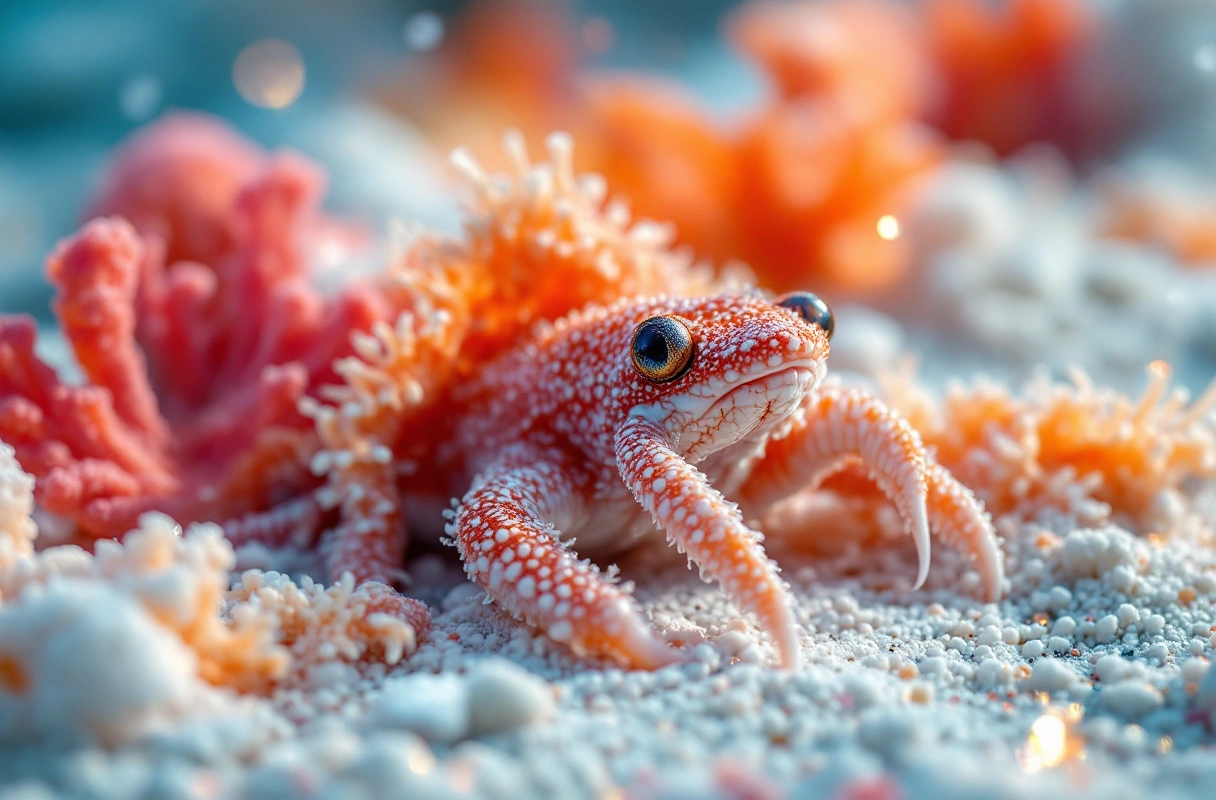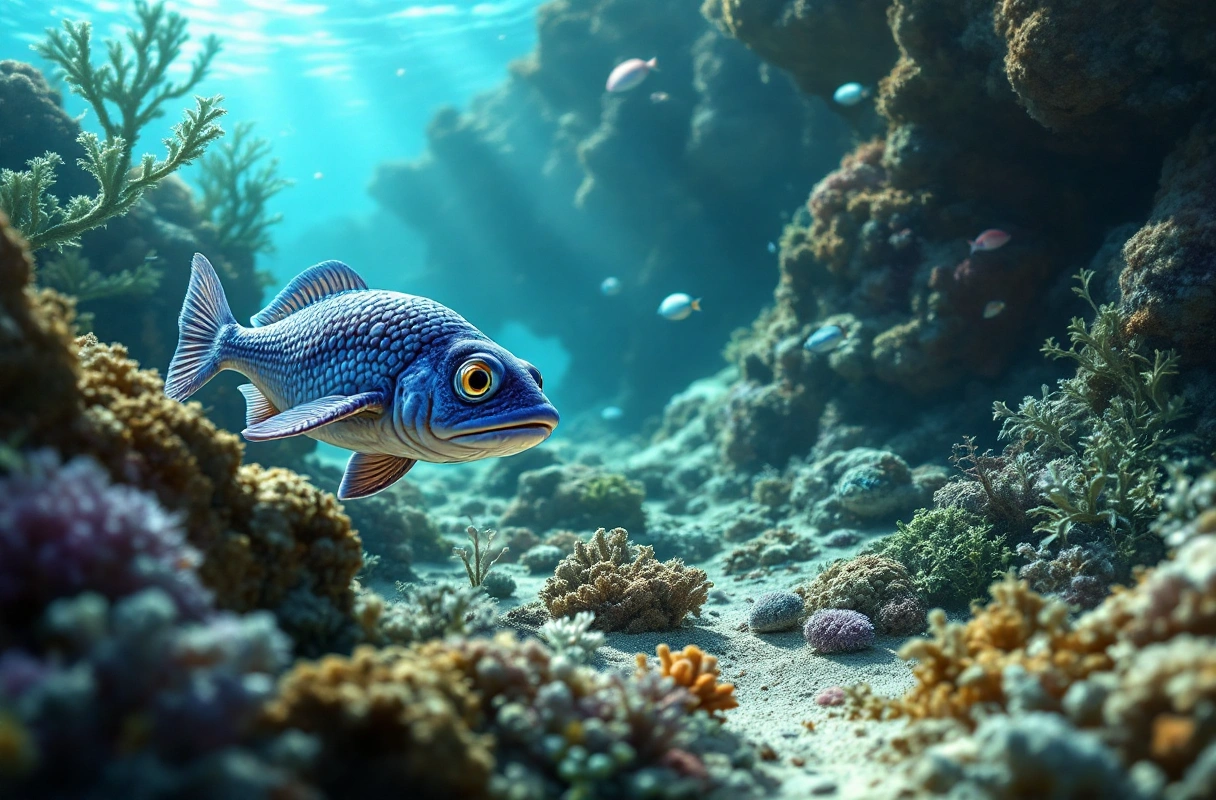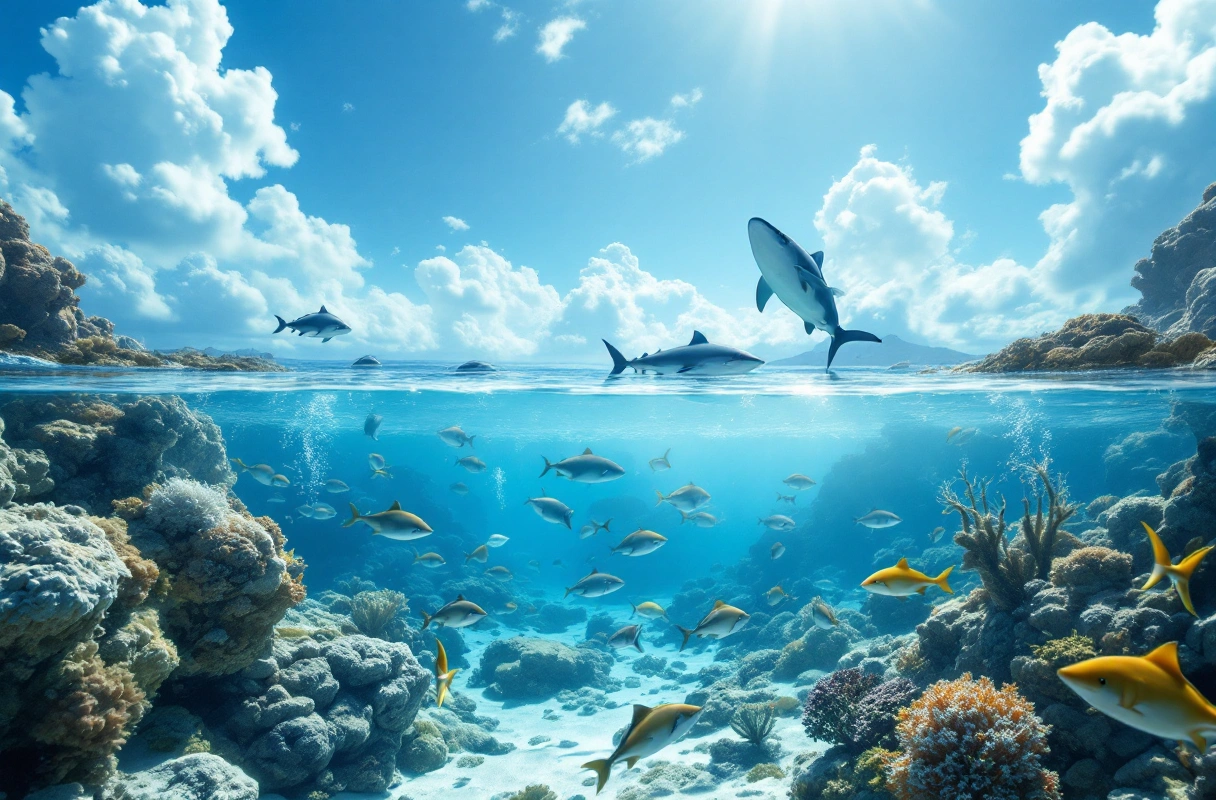
The ocean is a vast and mysterious world, home to a diverse array of sea creatures that play crucial roles in maintaining the balance of underwater ecosystems. From the smallest plankton to the largest whales, these beings contribute to the health of our planet in ways that often go unnoticed. As we move deeper into 2025, the need for conservation has never been more pressing. Climate change, pollution, and overfishing threaten not only these creatures but also the broader ecological systems they inhabit. This article will explore how you can support conservation efforts and protect sea creatures effectively.

Biodiversity is fundamental to healthy marine ecosystems. Sea creatures, including fish, crustaceans, mollusks, and marine mammals, each play specific roles that contribute to the overall health of their environments. For instance, coral reefs, often referred to as the "rainforests of the sea," rely on a diverse range of species to thrive. Each species, from the tiniest coral polyps to the largest predators, contributes to the intricate balance that supports the entire ecosystem.
Sea creatures offer numerous ecosystem services that benefit not only marine life but also human populations. These services include:
Understanding these roles is vital for recognizing the importance of protecting sea creatures and their habitats.

Conservation efforts can often seem daunting, but there are numerous simple actions individuals can take to make a significant impact. Here are some effective strategies:
Plastic pollution is one of the most pressing threats to marine life. Sea creatures often mistake plastic for food, leading to ingestion that can be fatal. To combat this:
Overfishing and unsustainable fishing practices have devastating effects on fish populations and marine ecosystems. You can help by:
Marine Protected Areas are designated regions that provide a safe haven for sea creatures, allowing ecosystems to recover and thrive. You can support MPAs by:
Raising awareness about the importance of sea creatures and marine conservation can amplify your efforts. Here are ways to educate others:
Many organizations are dedicated to protecting marine life and their habitats. Consider becoming involved with groups that align with your interests. Ways to get involved include:

One of the most common misconceptions is that individual actions have little impact on marine conservation. In reality, collective efforts can lead to significant changes. Each small action, when multiplied by thousands of individuals, can create a ripple effect that contributes to larger conservation goals.
Many people believe that only scientists or environmental activists can contribute to conservation efforts. However, anyone can play a role, regardless of background or expertise. Whether through advocacy, education, or simply making more sustainable choices, every person has the potential to contribute to the protection of sea creatures.
As we have explored, the protection of sea creatures is vital for the health of marine ecosystems and, by extension, our planet. Understanding the roles these creatures play and the threats they face allows us to take meaningful action. The Banana Slug Club is committed to fostering a love for nature among students and nature enthusiasts alike. We offer resources, educational programs, and opportunities for hands-on learning about marine life and conservation.
If you are passionate about protecting sea creatures and want to learn more, we invite you to visit our website or reach out to us for additional information. Together, we can make a difference in supporting conservation and ensuring that future generations can enjoy the incredible diversity of life that our oceans have to offer. Join us in this vital mission to protect our planet's underwater ecosystems and the magnificent sea creatures that inhabit them.
Get free resources, early access to new features and updates.
No spam. Just fun educational emails!